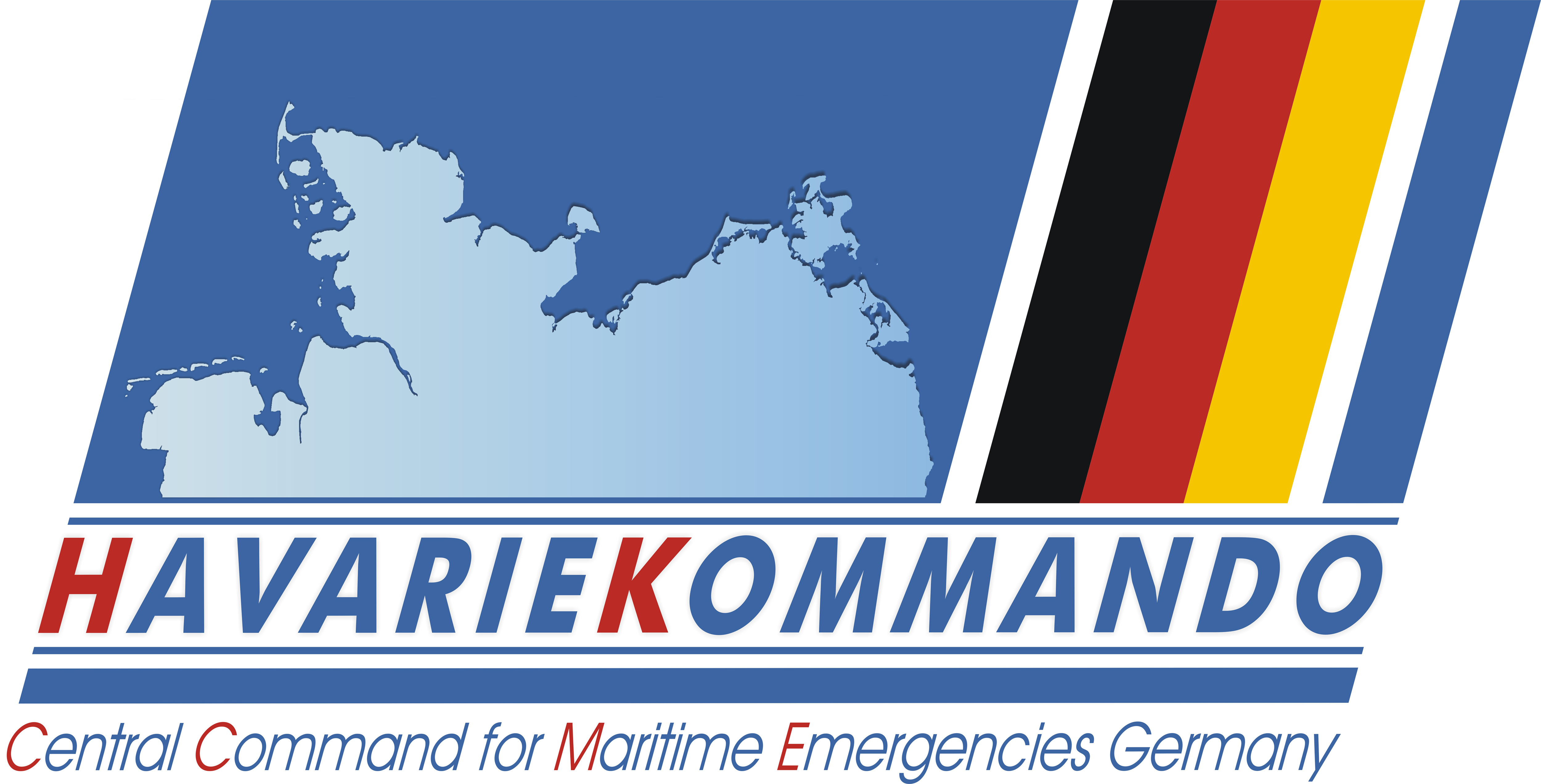Central Command for Maritime Emergencies: monitoring sea pollution on German coasts using satellite information

The Central Command for Maritime Emergencies
The Central Command for Maritime Emergencies (CCME) is a joint institution of the German Federal Government and the five German Coastal States. The CCME is responsible for handling maritime incidents in the North and Baltic Seas, including on beaches, islands and inland sea. These tasks are carried out in close cooperation with all relevant authorities and institutions of the federal government, the coastal states and private organisations.
The challenge
To respond efficiently to marine pollution, oil spills in particular, the CCME needs to receive information on potential threats as quickly as possible, before the oil drifts away into the sea or reaches the beaches. It is in fact much more expensive to clean up the coast than it is to eliminate the fuels while still in the sea. Oil spills are not only a threat to the environment, but also to local economies, especially in the summer time, as beaches are an important source of revenue for coastal regions.
The satellite solution
The CCME uses CleanSeaNet, an oil spill and vessel detection service based on satellite data, provided by the European Maritime Safety Agency. The CCME receives 600 satellite images per year, containing a classification of the dark spots detected according to their resemblance with oil spills and their potential impact. By combining information on potential oil spills and their position relative to vessels, the CCME is also able to identify the potential polluters.
All this information is received within 30 minutes from the capture of the images. One hour after the satellite has passed over the German seas, the CCME sends an aircraft directed by the satellite observations to confirm the presence of oil spills and to inform the headquarters via a satcom connection. Then further measures are taken to remove the spills and to collect evidence.
The result
Thanks to the CleanSeaNet service, the CCME could improve its surveillance capacity by being better informed of incidents. The Commando receives in fact, in near-real time, more satellite images than ever available before. The CCME can detect oil spills, verify them, and inform the competent authorities on the suspected polluters, as it happened during a minor spill in the North Sea in August 2013.
“Thanks to CleanSeaNet we have better, objective information which helps us intervene rapidly in case of incidents, and identify potential polluters with more certainty. The fact that we can share and compare this information with other member states, allows for a coordinated protection across European seas” Dirk Reichenbach, Central Command for Maritime Emergencies (CCME)

